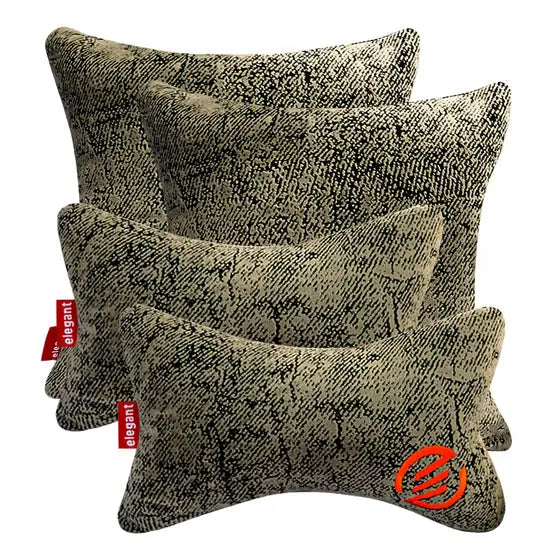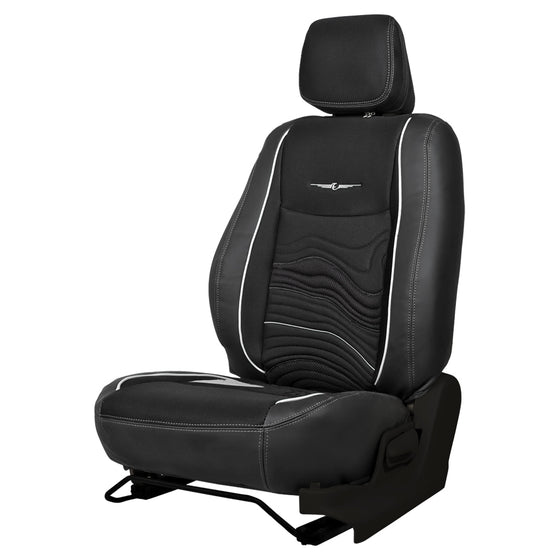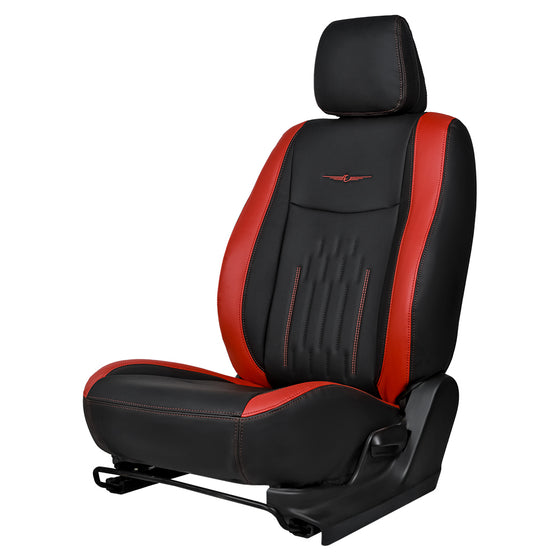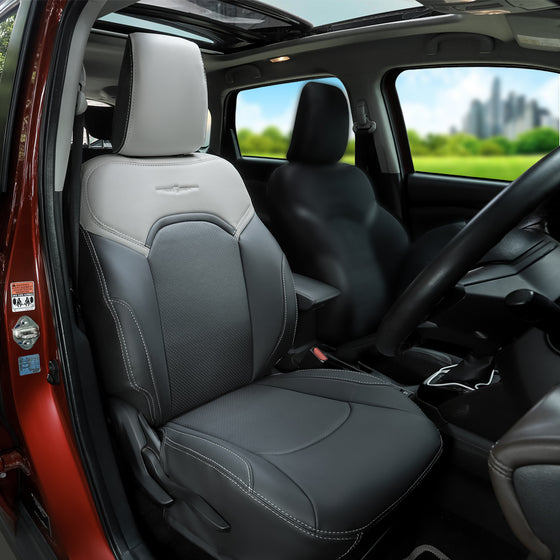All Season Tyres vs Winter Tyres - Advanced Driving
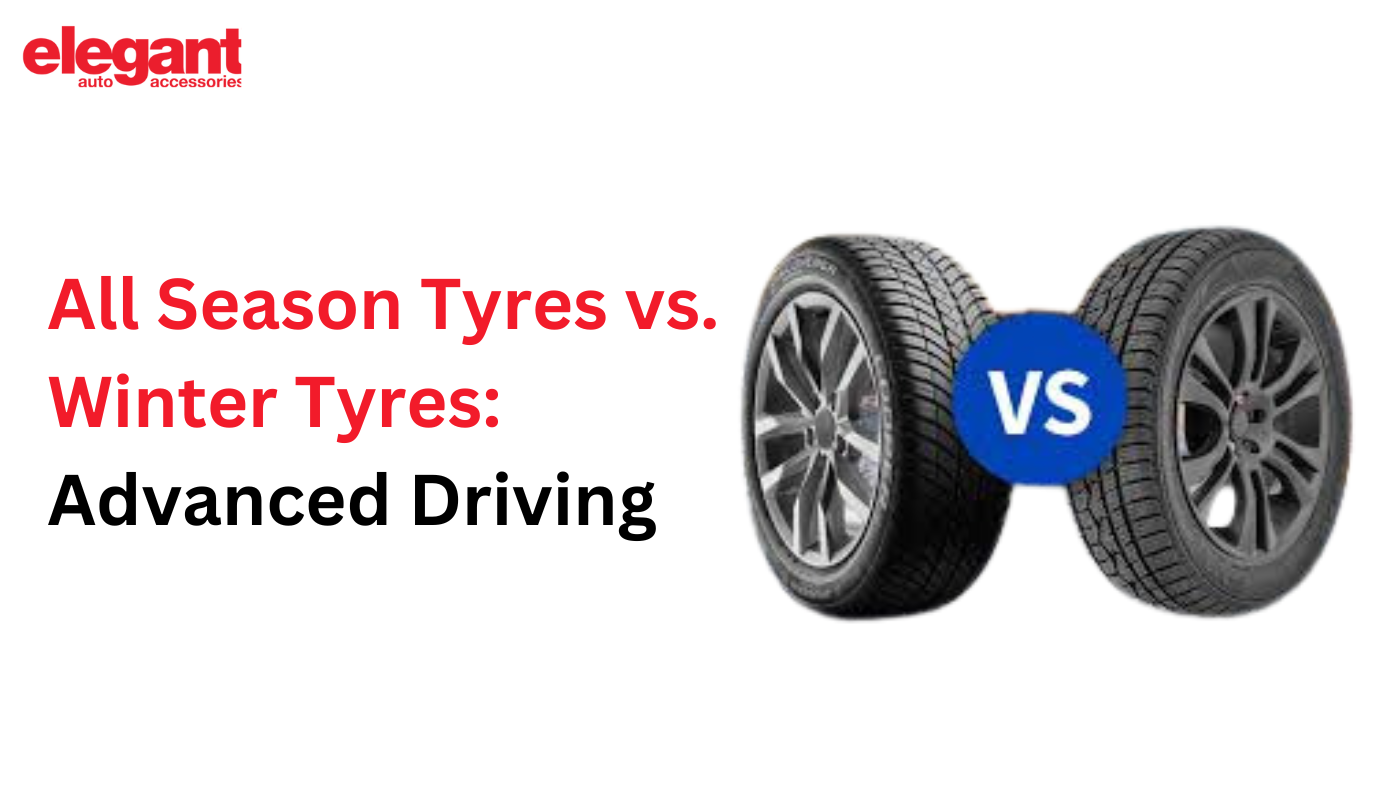
When it comes to car tyres, the choice you make can dramatically impact your vehicle's safety, performance, and comfort. Whether you're driving through heavy rain, snow, or on a dry highway, choosing the right tyres is essential. But with so many options out there, how do you decide which one is best for your driving conditions? In this blog, we’ll dive into the difference between all-season tyres and winter tyres, explore their performance in various conditions, and discuss why your choice of tyre matters, particularly for advanced drivers. Plus, we’ll touch on how upgrading your vehicle with premium auto accessories can further elevate your driving experience.
Introduction to Tyre Types
Before we get into the nitty-gritty details, let’s define what we’re dealing with. Tyres are a fundamental part of your vehicle’s performance, and there are primarily two types you’ll often see advertised for all-weather use:
- All-season tyres are designed to handle a variety of conditions, including dry, wet, and light winter driving. These tyres strike a balance between versatility and durability, making them ideal for regions with relatively mild winters and moderate weather fluctuations.
- Winter tyres, as the name suggests, are specifically designed to provide optimal performance in snow, ice, and cold temperatures. They are most effective when temperatures consistently drop below 7°C (45°F) and in areas that experience heavy snowfall or icy conditions during the winter months.
The Science Behind Tyre Design
While both all-season and winter tyres are designed to keep you safe on the road, their constructions are optimised for different weather conditions. Let’s look at the materials, tread patterns, and features that differentiate these tyre types.
1. Material Composition
- All-season tyres: These tyres are made from a rubber compound that balances performance across a variety of temperatures. Their composition is stiffer than that of winter tyres, making them more durable in warm to mild weather.
- Winter tyres: In contrast, winter tyres are made from a much softer rubber compound that remains flexible even in freezing temperatures. This allows them to maintain better grip on cold, snow-covered, or icy surfaces. Winter tyres also feature a higher amount of silica in the compound, which helps improve traction in colder weather conditions
2. Tread Patterns
- All-season tyres: These tyres feature a moderate tread pattern with a combination of grooves designed to channel water away from the tyre to reduce the risk of hydroplaning. Their tread design also includes wider gaps to improve traction on wet or slushy roads.
- Winter tyres: Winter tyres are designed with much deeper treads and more aggressive patterns that are specifically engineered to clear snow and slush away from the tyre surface. They feature more sipes—small slits in the tread blocks—that create biting edges, improving traction on icy surfaces.
Performance in Different Weather Conditions

When considering tyres, it's important to assess their performance under different weather conditions. Let’s break down how both all-season and winter tyres handle dry, wet, and snowy conditions.
1. Dry Conditions
- All-season tyres: These tyres perform well on dry roads. Their compound is designed to offer a balanced mix of handling, comfort, and fuel efficiency on dry pavement.
- Winter tyres: While winter tyres perform well in cold conditions, they are less effective on dry roads. The soft rubber used in winter tyres can wear out quickly when temperatures rise, and the tyres can feel squishy or less responsive in warm, dry conditions.
2. Wet Conditions
- All-season tyres: In wet conditions, all-season tyres offer solid performance. Their tread patterns are designed to channel water away from the tyre, reducing the risk of hydroplaning. They provide a good balance between dry-road handling and water dispersion.
- Winter tyres: Winter tyres also excel in wet, cold conditions, particularly when the rain is mixed with freezing temperatures. Their deep treads and high-density sipes provide excellent water dispersion, helping to maintain traction in slushy or icy rain.
3. Snow and Ice
- All-season tyres: All-season tyres can handle light snow, but they are not ideal for deep snow or icy conditions. The shallower grooves and less aggressive tread patterns simply can’t provide the necessary traction to keep you safe in deep snow or on icy patches. In heavy winter conditions, all-season tyres are a significant safety risk.
- Winter tyres: Winter tyres shine in snow and ice. Their aggressive tread patterns, softer compounds, and high number of sipes provide superior traction in snowy and icy conditions. These tyres are designed to "bite" into snow, improving braking, cornering, and acceleration on slick surfaces.
4. Cold Weather
- All-season tyres: All-season tyres are not built to withstand cold temperatures consistently. When temperatures fall below freezing, the rubber in all-season tyres becomes stiffer, reducing their grip and braking efficiency.
- Winter tyres: Winter tyres, on the other hand, are specifically engineered to stay flexible and pliable in cold weather. This flexibility allows them to grip the road better in cold temperatures, offering better control and stability in icy or snow-covered conditions.
Advantages and Disadvantages for Advanced Drivers
1. Advantages of All-Season Tyres
- Cost-effective: All-season tyres are often more affordable than winter tyres because they serve a dual purpose. With all-season tyres, you don’t need to worry about buying and swapping out tyres each season, making them a cost-effective choice for drivers who live in milder climates.
- Convenience: For advanced drivers who don’t want the hassle of changing tyres twice a year, all-season tyres offer the convenience of a one-size-fits-all solution. They’re easy to maintain and provide reasonable performance year-round.
- Longevity: All-season tyres tend to last longer than winter tyres because they are exposed to less wear and tear from harsh winter conditions. As a result, they often need replacing less frequently.
2. Disadvantages of All-Season Tyres
- Reduced Winter Performance: The main drawback of all-season tyres is their inability to perform well in extreme winter conditions. They struggle on icy roads, deep snow, and freezing temperatures. In regions where winter weather is severe, all-season tyres are not a safe option.
- Compromised Performance: All-season tyres are designed to be a "jack of all trades," but that means they are a "master of none." While they perform decently in most conditions, they don’t excel in any one area, whether it's dry, wet, or snow-covered roads.
3. Advantages of Winter Tyres
- Superior Performance in Snow and Ice: Winter tyres are specifically designed to provide optimal performance in cold, snowy, or icy conditions. Their superior grip and traction allow advanced drivers to navigate slippery roads with confidence, especially in harsh winter conditions.
- Better Cold Weather Performance: Winter tyres are built for cold weather, ensuring they perform well when temperatures drop below 7°C. They stay flexible in cold temperatures, providing excellent control, braking, and acceleration in freezing conditions.
4. Disadvantages of Winter Tyres
- Shorter Lifespan in Warm Weather: Winter tyres wear out faster when exposed to higher temperatures. If used year-round, they will degrade more quickly, leading to reduced performance and the need for replacement sooner than expected.
- Additional Cost and Storage: Winter tyres are an investment, and they can be more expensive than all-season tyres. Additionally, drivers who live in areas with mild winters need to store their winter tyres during the warmer months, which can be a hassle. Switching between winter and all-season tyres twice a year also adds an extra cost for the mounting and balancing process.
Conclusion
For advanced drivers, the choice between all-season tyres and winter tyres should depend on your location, driving habits, and the conditions you typically face. All-season tyres are ideal for drivers in regions with mild winters or where snow and ice are rare. They offer convenience, cost savings, and decent performance throughout the year. However, for those in regions where winter brings freezing temperatures, snow, and ice, winter tyres are the best choice. Their ability to handle extreme weather conditions, improve safety, and enhance vehicle control in winter driving situations is unmatched.
Make Your Drive Even Better with Premium Accessories
While choosing the right tyres is crucial, why not elevate your driving experience even further with high-quality auto accessories? Elegant Auto Accessories, we’ve spent over 35 years creating premium car and travel accessories designed to enhance your vehicle’s style, comfort, and functionality.
Whether you're preparing for a challenging winter season or just looking to make your car more comfortable, Elegant Auto Accessories offers a wide range of products that pair perfectly with your tyres. Our e-commerce platform makes it easier than ever to explore our sustainable, eco-friendly products, designed to offer both functionality and style for the modern driver.
Contact us and discover accessories that complement your advanced driving skills. Drive smarter, drive more stylishly, with Elegant Auto Accessories.
By choosing Elegant, you're also contributing to sustainability. We're committed to reducing our environmental footprint, working toward 100% biodegradable packaging by 2025 and aiming to reduce PVC consumption by 50% by 2030. So when you choose Elegant, you're not just improving your car—you're helping create a better future for everyone.
Check out our latest blogs to stay updated on auto accessories: "9 Essential Accessories to Enhance Comfort and Style in Your New Car" and "7 Must-Have Car Accessories for MG Windsor EV"!
Drive smarter, drive stylishly, with Elegant.
FAQ: Choosing Between All-Season Tyres and Winter Tyres
Ques 1: Are All-Season Tyres Suitable for Every Season?
Ans: All-season tyres are good for mild weather and light winter conditions but aren’t ideal for extreme snow or ice. For severe winter weather, winter tyres are a safer choice.
Ques 2: Are All-Season Tyres More Expensive Than Winter Tyres?
Ans: All-season tyres are usually cheaper than winter tyres because they’re designed for year-round use, while winter tyres are specialized for cold conditions and tend to cost more.
Ques 3: Can I Buy Car Tyres Online?
Ans: Yes, you can buy car tyres online from reputable retailers. Be sure to check your vehicle’s compatibility and look for sellers that offer fitting services.
Ques 4: Which Tyre is Better: All-Season Tyres or Winter Tyres?
Ans: It depends on where you live. All-season tyres are great for mild climates, but winter tyres are best for areas with harsh winters, snow, or ice, offering better safety and performance in those conditions.
Leave A Reply
Your email address will not be published. Required fields are marked *
Products list
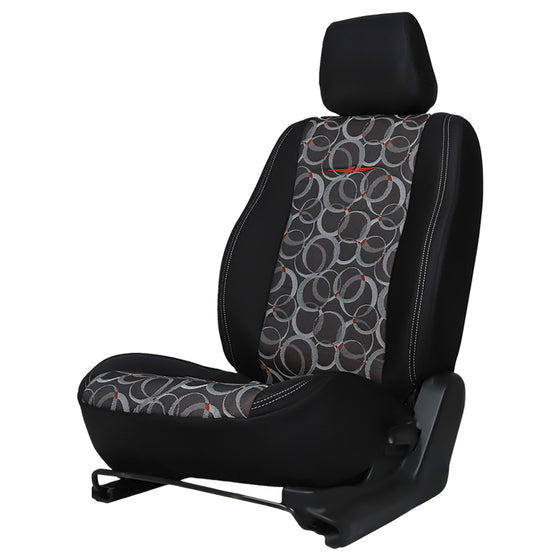
Yolo Fabric Car Seat Cover For Tata Curvv
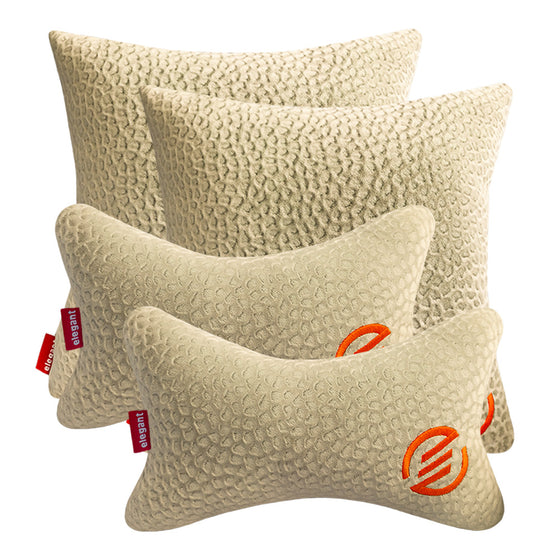
Elegant Comfy Velvet Cushion & Neck Rest Car Pillow CU12
